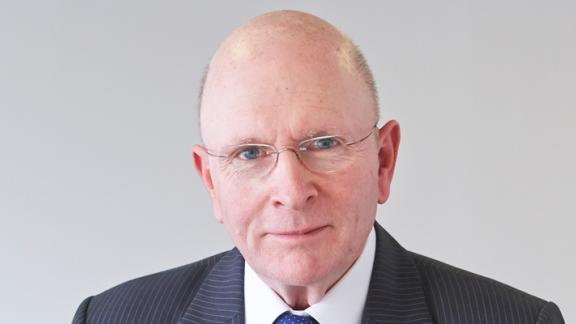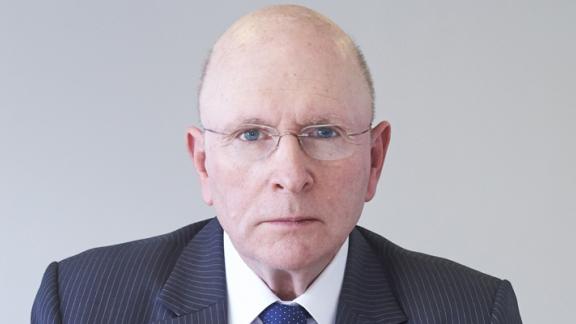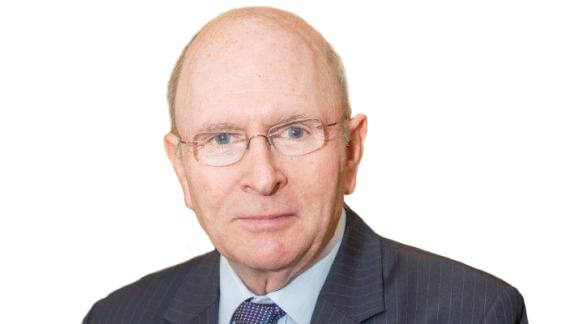How do NHS leaders feel amid the crisis?

This may not seem the right time to be asking executive leaders in the NHS how they are coping, writes NHS Confederation chief executive Niall Dickson. At times like this, protecting those treating patients directly has to be the first priority.
This article was first published by HSJ.
But leaders matter too, and what is now being asked of ours is exceptional. The evidence suggests that crises of this magnitude exacerbate our strengths and weaknesses. In so many ways they bring out the best and worst at all levels and they also expose and test our coping strategies.
The trauma of the front line washes up at their door. An example which may be familiar to many – I heard of a chief executive last week who was concerned at the pressures on their established critical care workforce but “more worried about the pace at which I’ve repurposed so many beds to take critical care cases. The now repurposed nurses too may be resilient in the face of the usual four patients a week dying on their ward, but now it’s more like four patients dying on every exhausting 10 hour shift.”
Holding responsibility for that in so many areas is now the daily diet of many chief executives. Nor is this just about those holding the top job. For everyone in a senior position, the emotional rollercoaster, the fact that it touches so many aspects of personal and family life, these are bound to affect performance and levels of resilience.
Every leader is different, yet from our conversations some common issues are emerging.
First there is genuine amazement at how responsive individuals, teams and organisations have been – improvements that took years to negotiate are delivered in days. The sense of pride and collective ownership that this engenders can be incredibly powerful and positive, and along with it a determination to make sure these gains are banked for the post-virus future. This sense of oneness and common purpose can invigorate leaders and empower teams to even greater things.
Second, some leaders may feel pangs of guilt that they are enjoying the excitement of fast decision-making as the adrenaline kicks in, while others reflect on the awkwardness of being in the calm before the storm. With so many hospitals having dispensed with so much business as usual, they find themselves bracing for an onslaught that has yet to arrive. Uncertainty often creates anxiety.
Third, there are those who feel a degree of impotence and frustration. The issues around personal protective equipment supplies and guidance which have undermined staff confidence and heightened fear have to some shown the limitations of local leaders to affect national policy. All the signs are that their concerns are now being addressed but damage has been done.
The same is true of testing – being told a few weeks ago to stop testing staff and take down the hospital’s car park testing station was bad enough, but hugely frustrating now to be told in effect to get it back up and running. It seems all the relationships of the past are themselves being tested – and many will be more valuable now than ever – but there is also a feeling that things will never be the same again.
Fourth, some have concerns about their immediate colleagues and the pressures each of them is facing. Again it is difficult to make generalisations, but there are particular worries about those from clinical backgrounds, who may well be part of medical or nursing organisations and colleges but who may not have personal networks to support them in their managerial roles, or access to more personal and safe space support. This may be a time when many of them will have to oversee deeply distressing decision making, not so much as individual clinicians about a particular case, but at a scale they have not previously experienced.
And fifth, as everyone navigates the here and now, we must also surely prepare for the aftermath.
The announcement of more than £13bn of debt being wiped out was extraordinary and in normal times would have prompted mass rejoicing. As we pick up the pieces that is a massive measure which could make all the difference to achieving the transformation in service delivery that will be needed. But in addition to the vital task of capturing the learning and cementing improvements, we also need to think through how we support what may be some exhausted and traumatised leaders overseeing a similarly worn out workforce.
While there may well be some senior leaders who cope well while in the thick of it, experience tells us, that it is after the crisis when the demand for psychological support may be at its peak. Indeed, some have even suggested that clinical staff might suffer PTSD.
So we need to think carefully about how we support our senior leaders both through this immediate crisis but also as the NHS and the care system picks up the pieces on the other side. Our record is not that great, but the current leadership at NHS England and Improvement have shown interest in this area and we will certainly do what we can to work with others to develop support mechanisms for senior leaders throughout the service that suit this diverse and able group.
This article was first published by HSJ. Niall Dickson is chief executive of the NHS Confederation. Follow him on Twitter @NHSC_Niall



